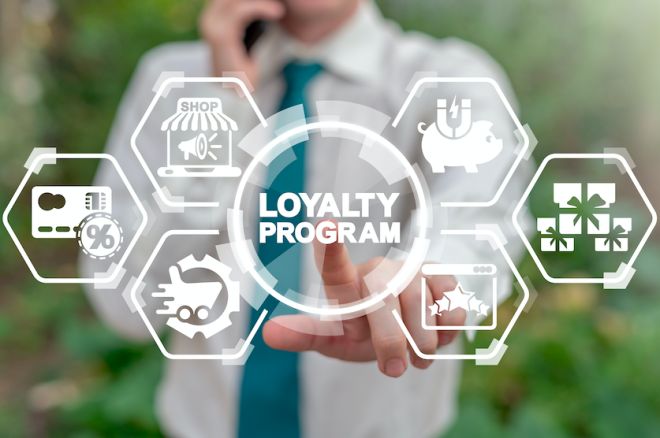Are Loyalty Schemes Effective for Business Growth?
Customer loyalty is one of the most essential elements in marketing. Customer loyalty schemes generate an observant, long-term relationship between customers and the business. In other words, loyalty schemes are designed to maintain existing customers to stay and keep purchasing goods from your business. This blog discusses whether loyalty schemes are effective for business growth.
Firstly, loyalty schemes have been included in marketing strategies for a while now. This means the program offers some benefits that cannot be overlooked. Those benefits are as follows:
1. Increases the retention rate of existing customers
Preventing existing customers from leaving is generally what a business owner would want. However, most of the time, businesses get distracted by expanding the customer base instead of paying attention to the current ones. In fact, customer retention produces huge benefits, such as:
1. Financially- it’s cost effective by five times compared to bringing in new customers
2. A way to grow profits as existing customers tend to shop more and have a higher income for the business in comparison to the new ones.
2. Safe from price competition with competitors
Nowadays, customer mindset has shifted towards emotionally based instead of necessities. Loyalty schemes increase the chance of customers buying products that they previously did not notice.
3. Grow Customer Lifetime Value (CLV)
Customer Lifetime Value (CLV) shows in just 30 days, you'll see most of this 365-day "value". This helps you in analysing customers’ movements before they make a purchase such as customer behaviour, customer buying habits, and preferences. The result can be used as an indicator of planning promotion that can be applied in each step. Also, it helps for internal aspects such as inventory management and pricing.
4. Grow personal bonds with customers
Based on the data available, a customer's order history, site activity, visits, or referrals can be accessed for valuable insights and information. This means you can meet the customer needs more specifically and customize them in a way that strengthens your customer relationship.
5. Relative recommendations
Not only restraining existing customers from leaving, but those existing customers can also bring new customers to the business through word-of-mouth. As a result, the business reaches out to new customers indirectly. Also, with a well-built program, customers who are referred by their relatives tend to be more loyal compared to non-referral customers because of their trusted informer.
On the other hand, marketing strategy does not always work out. Including loyalty programs, and here are the reasons why:
1. Customer behaviour difficult to measured
Although it is measurable with the CLV formula, unfortunately, that is not always the case. One customer could possibly shop from another company due to various reasons. It is unavoidable. As a solution, rewards such as referring to friends and family could diminish the “loss”.
2. Balancing financial issues
Financial issues have always been a concern of any business. At the same time, rewarding customers with discounts and promotions most of the time is the best bait. Despite the two doesn’t add up, solutions are always there. Setting up a fair and effective price for the program will be able to cope with the financial problems.
3. Market saturation
It is hard to stand out in the middle of the digital world, when everything often might seem identical. The same goes for loyalty schemes. Due to the massive amount of loyalty programs out there, often it becomes less significant for the audience. To tackle this issue, rewarding customers with unique actions may be considered as the way out.
4. Inconsistent profit
Loyalty programs are designed to increase repurchase rates based on customers’ historical behaviour data. However, data is not always accurate with real-life problems such as changes in income, needs, and lifestyle. Aligns with that, customers’ buying patterns would also change. Discontinuing loyalty programs has always been on the top list when that happens. Using Recency, Frequency, and Monetary Value (RFM) might be a good solution to this.
No matter what, customer loyalty is one of the basic elements in the marketing industry. Throughout the discussions above, it can be concluded that loyalty schemes are still an effective marketing strategy for business growth. Compared to the cons that occurred from the programs, the benefit of the schemes is still more valuable. Additionally, even the cons always have solutions for it. Thus, the result in the overall discussion will lead to loyalty schemes being effective for business growth



Leave a comment
Make sure you enter all the required information, indicated by an asterisk (*). HTML code is not allowed.